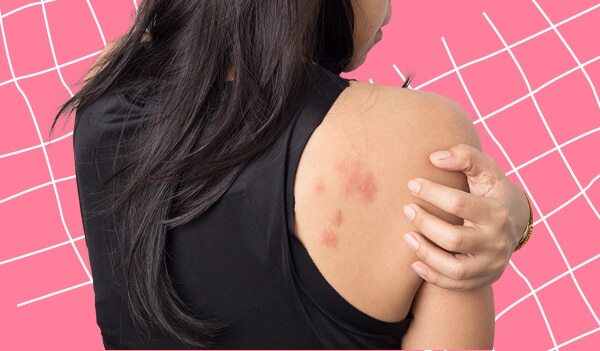Stress is a part of every individual's life, these days almost everyone is affected by it. The degree or severity of the stress may differ from one person to another, but a stress-free life is non-existent. The body's reaction to this stress also differs. When we are emotionally disturbed, it can also have an impact on our physical health. According to renowned dermatologist Dr. Ameesha Mahajan of RM Aesthetics, "While stress is something we feel emotionally, it can have a significant impact on our physical health. Apart from high blood pressure, palpitations, headaches, fatigue, breathing and gut disorders, our skin also shows symptoms of stress." That's right, stress rash is real and it can develop when you are stressed with no control over it. If you are reading about stress rashes for the first time, let us tell you that it is common. If you often get unexplained rashes on your body and you keep blaming a skincare product, climate change or a food you ate, it might be possible that it's a result of stress. So, what exactly is it and how do you deal with a stress rash? We will tell you all about it in this article.
Natural Argan Oil & Lavender Sulfate Free Anti-Frizz Shampoo - 400ml
₹658
₹658
SHOP NOW








